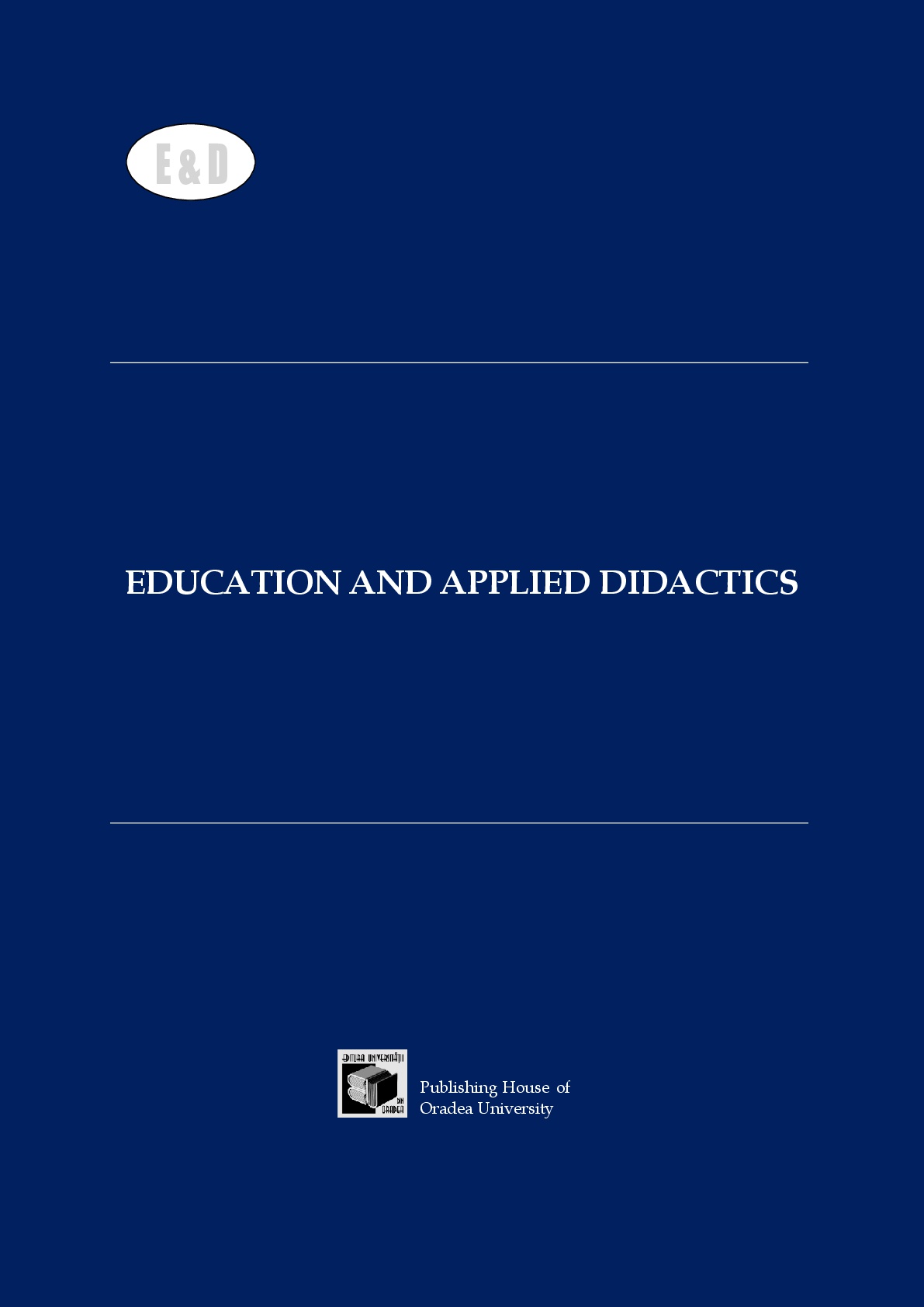REDUCING VIOLENT BEHAVIOR IN PRESCHOOLERS THROUGH THERAPEUTIC STORIES. VIOLENCE, AN UNDESIRABLE FORM OF MANIFESTATION IN SCHOOL (I)
REDUCING VIOLENT BEHAVIOR IN PRESCHOOLERS THROUGH THERAPEUTIC STORIES. VIOLENCE, AN UNDESIRABLE FORM OF MANIFESTATION IN SCHOOL (I)
Author(s): Nicoleta Ramona CiobanuSubject(s): Psychology, Preschool education, Educational Psychology, Studies in violence and power, Pedagogy
Published by: EDITURA UNIVERSITĂȚII DIN ORADEA
Keywords: therapeutic stories; school violence; didactic approach; fairy tales;
Summary/Abstract: Violence is one of the great problems of the contemporary world. The press, written or audio-visual, constantly informs about various manifestations of this phenomenon. From the most aggressive forms, such as wars or terrifying crimes, beatings, rapes, thefts, and destruction of property, to the least shocking (but no less guilty), such as verbal violence, all of which are supported by an abundance of violent images flash before our eyes every day. In this context, the appearance of various forms of violence in the school environment seems almost a fatality and often becomes a common thing, with which peers exist without even noticing the danger. In the first part, I will present the theoretical aspects regarding violent behavior and types of violence (physical, mental, verbal, and domestic, a description of the factors that generate school violence, and some information regarding emotional development). In the second part, I will deal with theoretical delimitations regarding children's literature as a factor in the development of the small student's personality, the story as an instructive-educational tool for students, the story as a literary work, the story as a therapeutic element and the specifics of the therapeutic story for children.
Journal: EDUCATION AND APPLIED DIDACTICS
- Issue Year: 5/2021
- Issue No: 2
- Page Range: 17-22
- Page Count: 6
- Language: English

